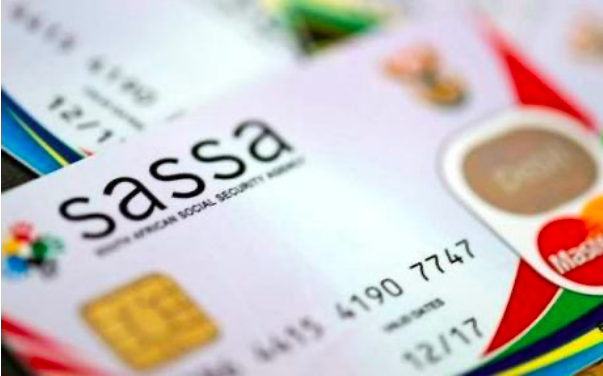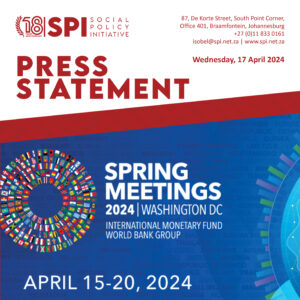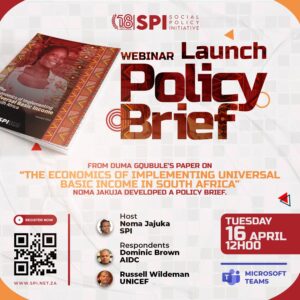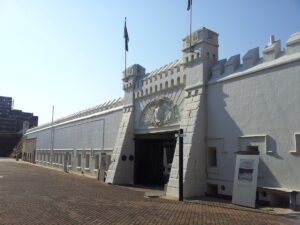
The time has come for the haters to realise that SA will soon have a basic income grant (BIG) at the food poverty line of R624 a month. The debate will now shift towards the design of the grant. The National Treasury will try to limit the number of beneficiaries and introduce conditions for people to receive the grant. But the disastrous implementation of the new version of the R350 a month social relief of distress (SRD) grant provides compelling evidence against the introduction of conditional social assistance.
In a report at the ANC’s recent policy conference, the party made its strongest-ever statement in support of the BIG. “All people should receive unconditional basic income to meet their basic needs indexed to the food poverty line. Government should continue to pay the social relief of distress grant of R350 until the introduction of [the BIG]. The government should come up with a financing strategy within 12 months that identifies new sources of financing.”
In an interview on Newzroom Africa at the time, finance minister Enoch Godongwana said: “There is no doubt that with the level of poverty and unemployment we face there will be a need for some kind of income support one way or the other.” But then the party started speaking from both sides of its mouth. It said “universalism is a vital principle that supports the dignity of all”, then went on to say “government should develop a strategy to link working age unemployed grant recipients to economic activity”.
In the interview, Godongwana said the grant should be linked to active labour market interventions. However, the reality is that there are no jobs in SA. Between December 2008 and the second quarter of 2022 the economy created only 793,000 jobs, while the labour force increased by 7.1-million people over the same period, according to Stats SA’s latest labour force survey. As a result, the number of unemployed people increased by 6.3-million people to 12.3-million from 5.9-million over the same period.
What is the point of linking people to jobs that do not exist? I have been to dysfunctional department of labour job centres in Eldorado Park, Tembisa and Alexandra, where desperate unemployed young people register for jobs that do not exist and can view pointless training progammes that will not help them get employed. I recently reviewed all the databases that are part of the government’s National Pathway Management Network — a number of supply-side initiatives that link young people to opportunities to develop skills and get employment. There are more than 6.6-million profiles on these databases.
What would be the point of making young people register on these databases as another condition for receiving a BIG? Such policies assume that there is a mismatch between supply and demand due to inefficiencies in the labour market. But there is no demand in the economy. There will be no job creation until the government increases demand in the economy.
In a recent presentation to parliament, the department of social development showed the effect of the disastrous introduction of onerous conditions for people to receive the SRD grant. In his state of the nation address in February, President Cyril Ramaphosa extended the SRD grant for another year, and the 2022 budget allocated R44bn for about 10.5-million beneficiaries.
But people did not receive their grants in May and June because the complicated systems to verify income had not been put in place. The onerous conditions to apply have resulted in a collapse in beneficiaries. The department’s statistics showed that about 11.8-million people had applied to receive the grant. But payments were only made to 4.5-million people in May and 4.1-million people in June.
The SRD grant was working properly until the government introduced onerous conditions. When the BIG is implemented next year, the government must not complicate what should be a simple programme.


